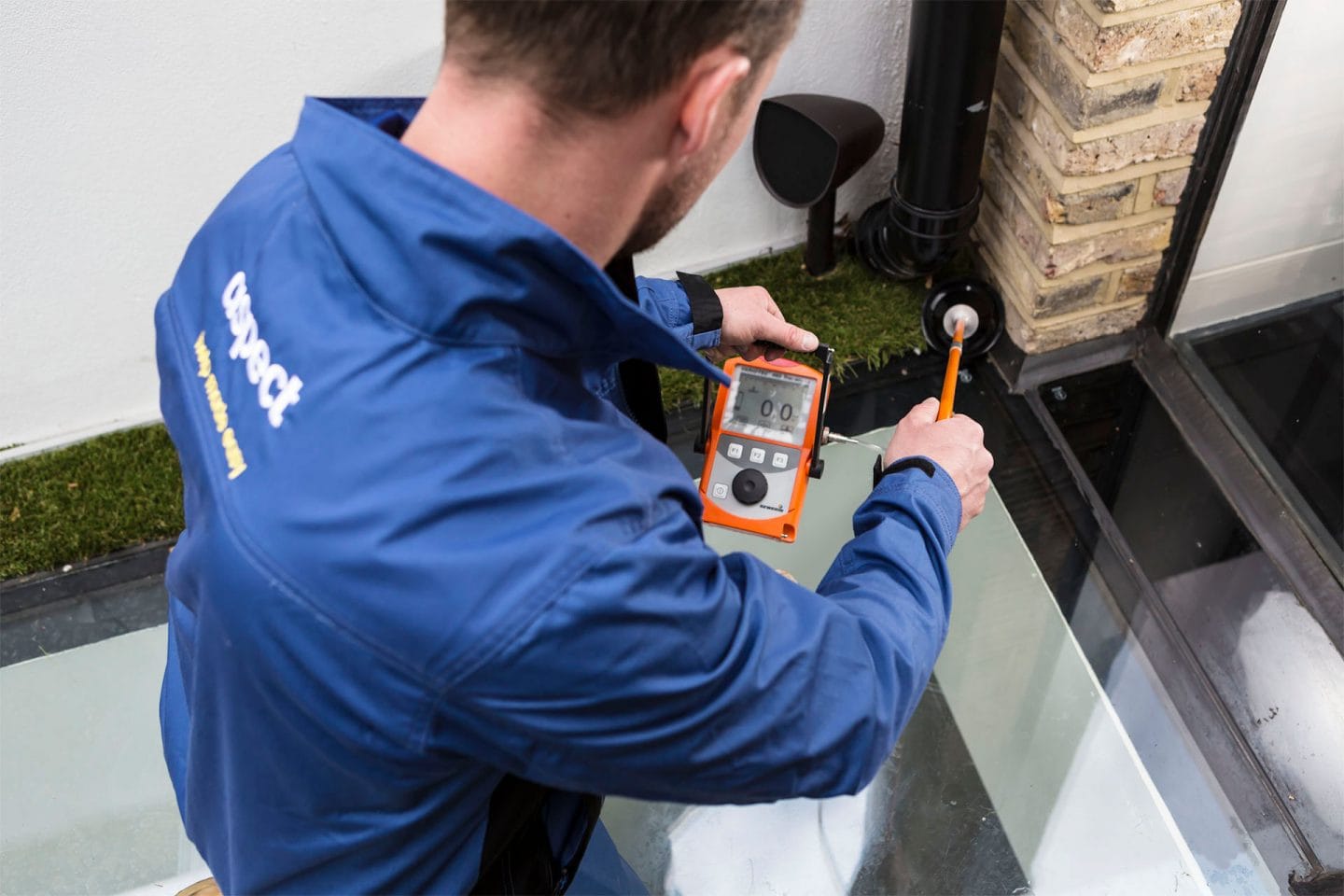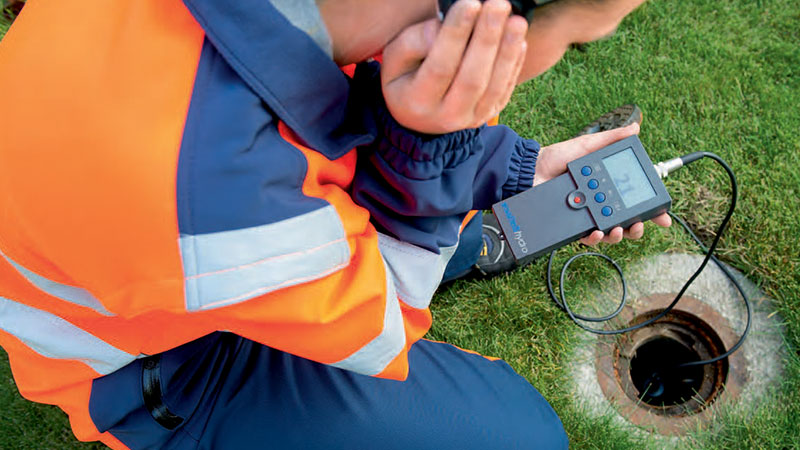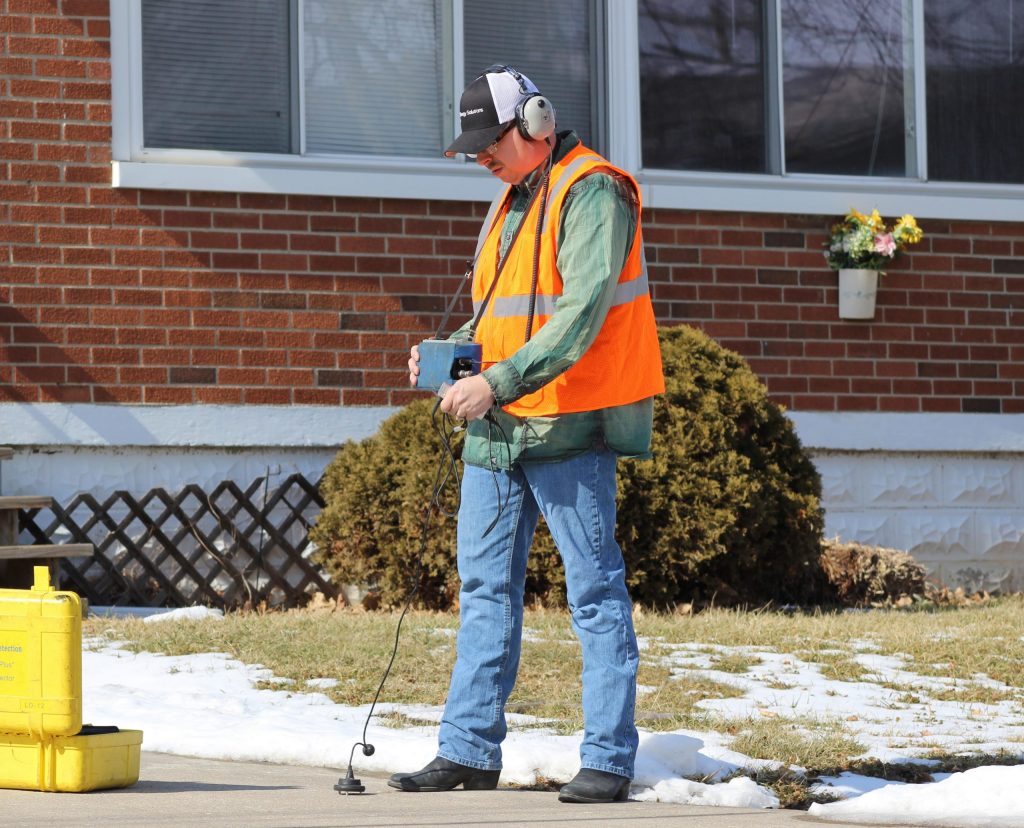Whether you own your home or rent one, you must have heard the annoying sound of water dripping through the night. In such instances, you have to look for the leak and also search for a leak detection Gold Coast service to take care of the issue for you.
The most annoying leakage situation you can face is having to clean up a flood in your kitchen when you need to prepare for an early morning engagement. Cases such as these are quite common. In fact, many insurance claims are most commonly as a result of burst or leaky pipes.
Unfortunately, situations such as these lead to damages to your property or the home. They could be quite costly to pay for and repair.
Detecting a leak early is vital, and here’s how you can do it.
How to Detect A leak

Even if you can’t see the water that’s dripping, it’s possible to find the leak in your house.
Here’s the best way to do it:
- Regularly check your water consumption by keeping an eye on your monthly statement. If there are any unexplained increases that you cannot account for, you could have a leak.
- If you experience any drop in your pressure when using it, you could also have a lick. One way you know this is happening by turning off all the water in your home and leaving one on. If there’s more pressure than was there originally, you could have a leak. Don’t make your conclusions from the shower, though, because it could be clogged, which will lead you to wrongful diagnosis.
How to Detect an Underground Leak
The most visible sign of an underground leakage is damp patches on the floor or tell-tale pools of water. Additionally, if you smell mildew or mold, it could be a sign that you’ve had a leakage for some time.
If you don’t want to struggle to look for a leak, the simplest way to find one is to buy a leak detection tool. There are many on the market, with each one working differently. It is a tool used to identify leaks when placed at the stop tap.
Common Areas for Leaks

If you don’t have a leak detector to help you do the job easily, you’ll have to check manually for places around your home where leaks could occur. The most common areas include:
- Boilers: ensure that you check the inlet and the outlet of your water tank. If there aren’t any leaks, check for a hissing sound or marks on the floor that could be a sign of leakage. If you have a leakage in your boiler, don’t try to fix it yourself. Call a professional to help you fix it.
- Toilets: toilets are frequently used, so it’s normal for them to start leaking. If you cannot stop the leakage yourself, you will have to call a specialist to do it. Leakages that continuously run are costly, so you should ensure that you call a plumber as soon as possible.






